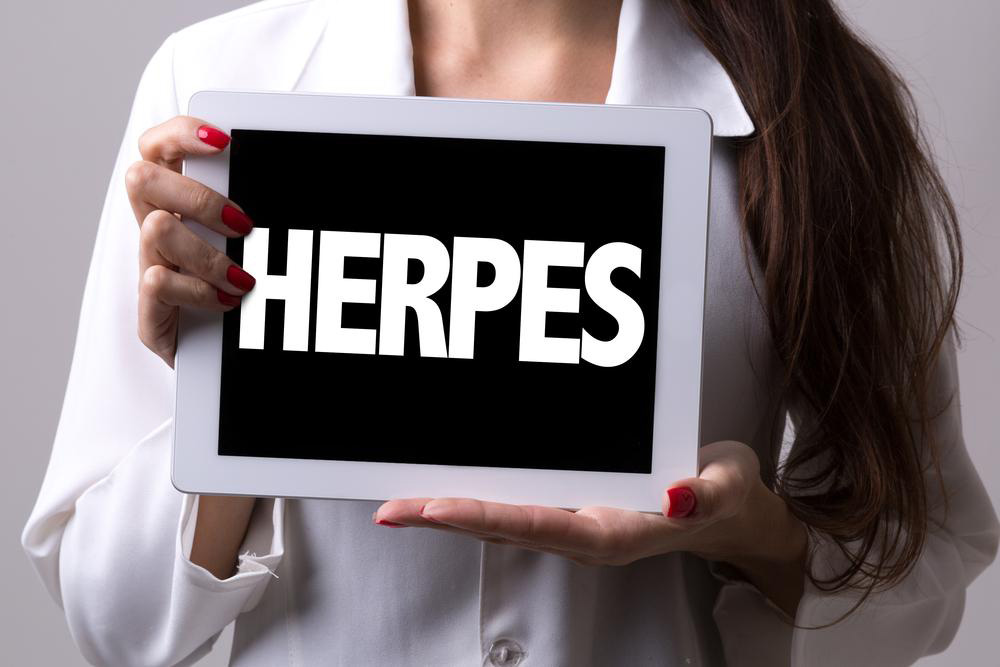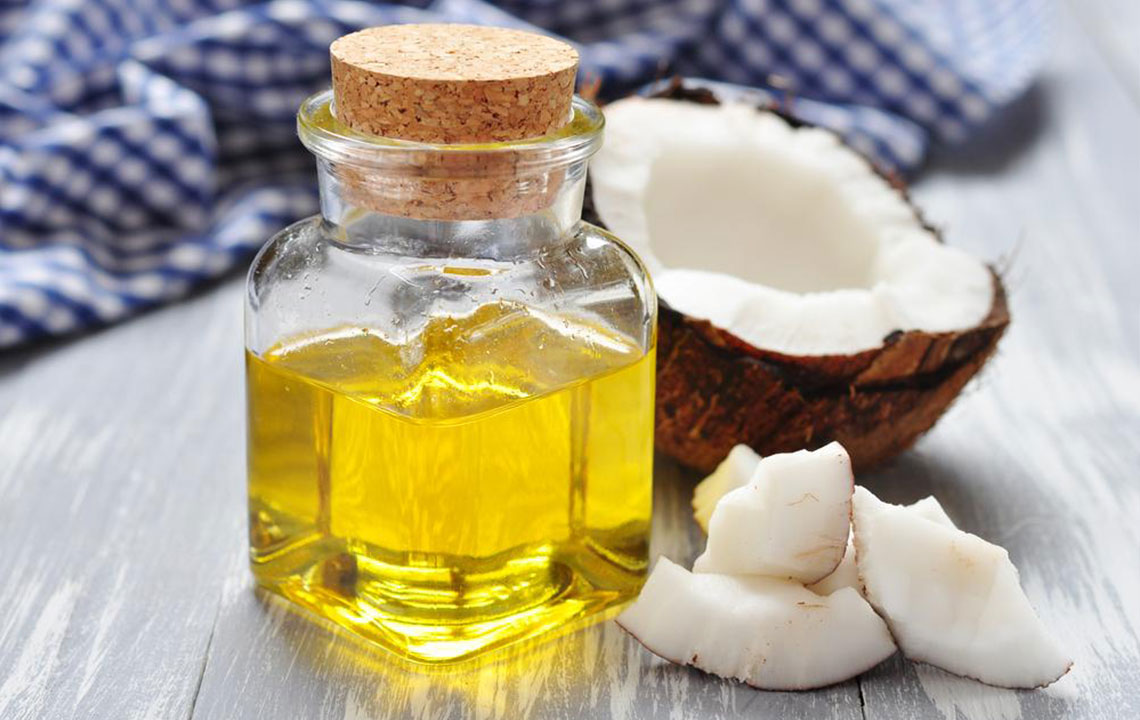Comprehensive Guide to Natural Remedies and Emerging Treatments for Herpes Management
Explore a comprehensive overview of herpes management, highlighting traditional treatments, natural remedies like Echinacea and propolis, and promising emerging therapies. Learn how these strategies can help control outbreaks, boost immunity, and reduce symptoms. Stay informed on ways to enhance your herpes management plan effectively and safely, with insights into safer natural options and ongoing research advancements.

Comprehensive Guide to Natural Remedies and Emerging Treatments for Herpes Management
Herpes simplex virus (HSV) infections, including oral and genital herpes, remain a widespread health concern worldwide. Advances in medical research and treatment strategies have significantly improved the management of these persistent infections. With early diagnosis and intervention being crucial during outbreaks, both conventional medical treatments and natural remedies are playing vital roles in controlling symptoms and reducing transmission risks. This article provides an extensive overview of current treatments for herpes, explores promising natural remedies, and discusses emerging therapies that offer hope for better management of this condition.
Understanding the importance of timely medical attention is critical in herpes management. When symptoms first appear, immediate consultation with healthcare professionals can lead to effective treatment plans that shorten outbreak durations and diminish severity. Standard therapies primarily involve antiviral medications such as acyclovir, valacyclovir, and famciclovir, which help suppress viral activity, alleviate pain, and prevent outbreaks. These drugs, when taken as prescribed, can significantly improve quality of life for patients, but they are often complemented by additional strategies for optimal control.
Serious complications associated with herpes infections include ocular herpes leading to eye damage, encephalitis (brain inflammation), and an increased susceptibility to HIV transmission. These severe outcomes underscore the critical importance of effective herpes management and the need for ongoing research into new therapeutic options. Researchers worldwide are exploring innovative approaches, such as microbicides designed to prevent infection and vaccines aimed at providing long-term immunity against HSV-2, which is chiefly responsible for genital herpes.
While medical advancements continue, many individuals turn to natural remedies to help alleviate symptoms and potentially prevent outbreaks. These approaches often focus on boosting the immune system, reducing inflammation, and promoting faster healing of sores. Notable natural remedies include herbal extracts, topical ointments, dietary interventions, and supplements that are easily accessible through health stores and online platforms. Although these alternatives are not officially approved by regulatory agencies like the FDA, they have gained popularity due to positive anecdotal reports and their natural origin, which generally results in a lower risk of adverse side effects.
Among the most promising natural therapies are:
Echinacea: Known for its immune-boosting properties, Echinacea extracts may assist in reducing the frequency and severity of outbreaks and promote faster healing of sores. Its antiviral effects, although not fully proven, are supported by traditional use and emerging studies.
Propolis: This bee-produced resin, when used as an ointment or topical treatment, exhibits potent healing and anti-inflammatory properties. It may help speed up the recovery process of herpes lesions and reduce discomfort.
Oleuropein: Derived from olive leaves, oleuropein is recognized for its antiviral and immune-modulating effects. Some studies suggest it can inhibit herpes virus replication and enhance the body's immune response.
Herbal Remedies: Numerous herbs such as Prunella vulgaris (self-heal), Reishi (Ganoderma lucidum), and oregano oil contain compounds with antiviral activities against HSV. These herbs can be consumed as teas, extracts, or applied topically, offering natural support in managing herpes symptoms.
Diet and Natural Supplements: Incorporating foods rich in lysine, an amino acid that competes with arginine (which herpes viruses need to replicate), is believed to reduce outbreak frequency. Foods like dairy, fish, and lean meats are high in lysine. Additionally, fruits and vegetables rich in antioxidants—such as oranges, red peppers, and leafy greens—may bolster immunity. Supplements like lemon balm, licorice root, and vitamin C are also popular for their immune-enhancing and antiviral properties.
While these natural remedies have yet to receive formal approval from regulatory agencies, many users have reported positive effects, especially when integrated with conventional treatment plans. Due to their natural composition, these options usually have a lower risk of side effects, but caution is advisable, and users should consult healthcare providers before starting any new supplement or herbal therapy.
Accessibility is another factor driving the popularity of natural treatment options. They are readily available online, in health stores, and in herbal markets, making them convenient adjuncts to standard medical therapies. Incorporating these strategies may help reduce the frequency of outbreaks, accelerate healing time, and improve overall comfort for individuals living with herpes.
Despite the promising outlook of natural remedies and emerging treatments, ongoing research is essential to establish their efficacy and safety definitively. Patients are encouraged to seek personalized advice from healthcare professionals to develop comprehensive management plans that suit their specific health needs. As scientific studies evolve, future therapies may include highly targeted, safe, and effective options that could revolutionize herpes management entirely.
In conclusion, managing herpes infections requires a multifaceted approach that combines conventional antiviral medications, natural supports, and emerging scientific breakthroughs. Whether utilizing proven drugs or exploring alternative remedies, the ultimate goal remains the same: to control outbreaks, reduce symptoms, and prevent complications, thereby enhancing the quality of life for those affected by herpes virus infections.





